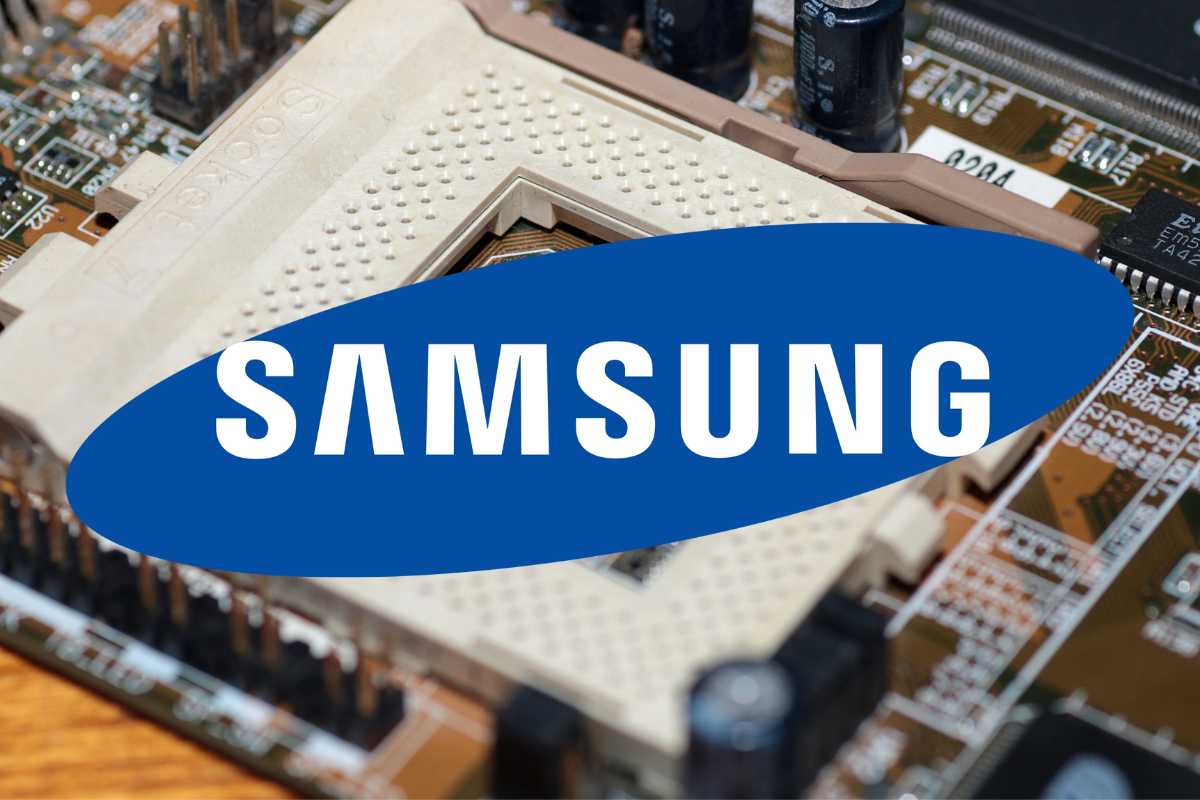
On its ‘Samsung Networks: Redefined’ virtual event, Samsung launched new chipsets that will be a part of the company’s next-generation 5G solutions portfolio. Samsung announced three new chipsets which are compliant with the 3GPP Release 16. The three new chipsets announced are - a) 3rd generation mmWave RFIC, b) 2nd generation 5G Modem SoC, and c) DFE-RFIC Integrated chip. These chipsets are designed to boost the performance and power efficiency of the 5G solutions developed by Samsung. Let’s take a look at these chipsets individually.
Samsung’s 3 New Chipsets for Enhancing 5G RAN Portfolio
The first chip that Samsung announced at the event was ‘3rd generation mmWave RFIC’. This 3rd generation chipset can support frequencies in both 28 GHz and 39 GHz spectrum bands and will be embedded in Samsung’s next-generation 5G Compact Macro. With the advanced technology the chipset comes with, the antenna size could be reduced by 50%, resulting in more space inside the 5G radio. Further, the new RFIC chipset increases power efficiency making the 5G radio lightweight. However, at the same time, the power output of the chipset has increased.
The second chipset that Samsung announced was the ‘2nd generation 5G Modem SoC’. In comparison to the previous generation chipset, this new chipset from Samsung will enable the forthcoming baseband unit to get two times the capacity and also reduce the power consumption by each cell by 50%. Further, it will support frequencies both in the mmWave and sub-6 GHz spectrum bands. The chipset also offers better power efficiency and beam-forming for Samsung’s next-generation 5G compact Macro and Massive MIMO radio.
Lastly, the third chipset announced by Samsung was the ‘DFE-RFIC Integrated chip’. This new chip combines both DFE and RFIC functions for mmWave and sub-6 GHz frequencies. With these integrated functions, the frequency bandwidth is doubled. At the same time, the chipset will allow the next generation solutions to come in reduced sizes and also be more powerful.
These new chipsets will play a pivotal role in the next generation 5G solutions that the network service providers will use. Samsung said that these new chipsets would be commercially available in 2022.















